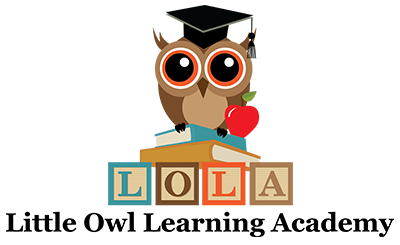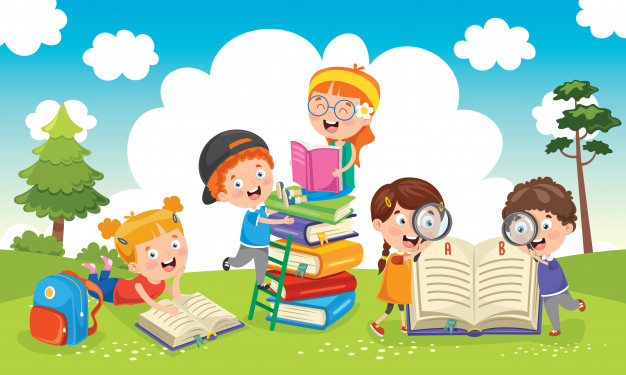Various studies suggest that children view learning and playing as one. Most of what they learn and explore happens during playtime. Anything a toddler does accounts for a new experience. Most parents send their children to daycare to make these experiences meaningful.
It should not come to you as a surprise that children spend a lot of time at daycare playing with their caretakers and other children. Daycare professionals use guided play to help children learn.
Read on to learn about how learning through play works and the benefits of learning through play:
What Does Learning and Exploring Through Play Mean
Learning through play is a term that educationalists and psychologists use widely. This refers to how children make sense of the world around them by engaging in play and activities. Learning and exploring through play has five characteristics:
- Intrinsic motivation of the child determines the play
- It must be enjoyable for the child
- It is spontaneous and voluntary
- It has no extrinsic goals or set learning outcomes
- Children are active participants in it
Learning and exploring through play has redefined early childhood learning. It does not make children take a lesson passively. Instead, children take different roles and engage with their peers in interactive learning.
Benefits of Learning through Play
In early childhood, play is usually a full-body activity. Simple experiences like communicating with peers can be a great opportunity to learn. Learning through play develops skills that they will need later in life.
Here are some key benefits of leaning through play in early childhood:
Cognitive Development
Play-based learning gives an opportunity to create an imaginative world. A set of rules guides them through the play. Playing as grocers and doctors etc. makes children solve problems and take decisions. These activities boost cognitive development to a great extent.
Social Skills
Another benefit of learning through play is the development of social skills. As children interact with their peers, they learn to cooperate and resolve conflicts. They also learn to share, show kindness, and accept differences.
Physical Development
Participating in running, dancing, and climbing can be vital in the physical development of children. They learn their capabilities and how they can exercise self-control. Play-based learning strengthens their muscles with movement in different activities.
Verbal and Listening Skills
Leaning and exploring through play makes children communicate with those around them. This gives them an opportunity to develop essential verbal and listening skills.
As a parent, it is important for you to understand that children learn in different ways. Integrating free play and guided play can make learning fun and pleasurable.

